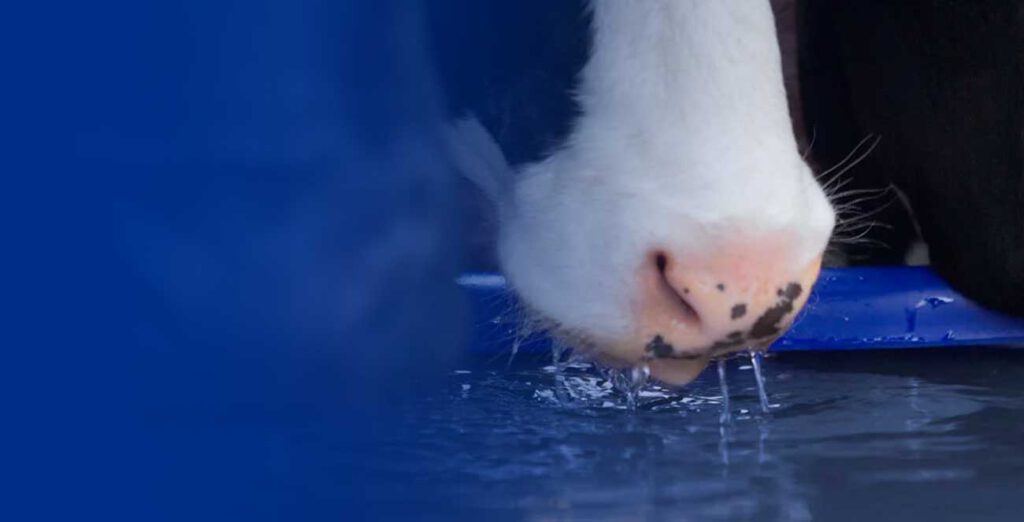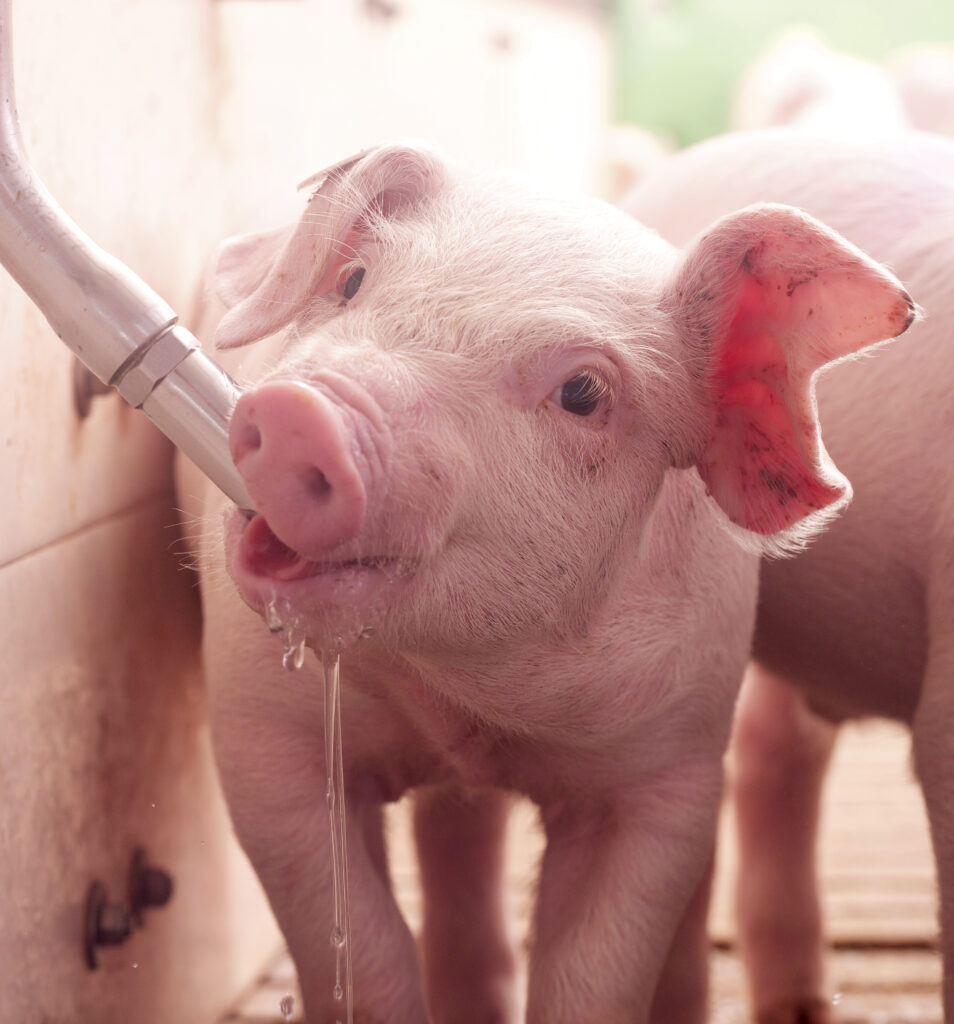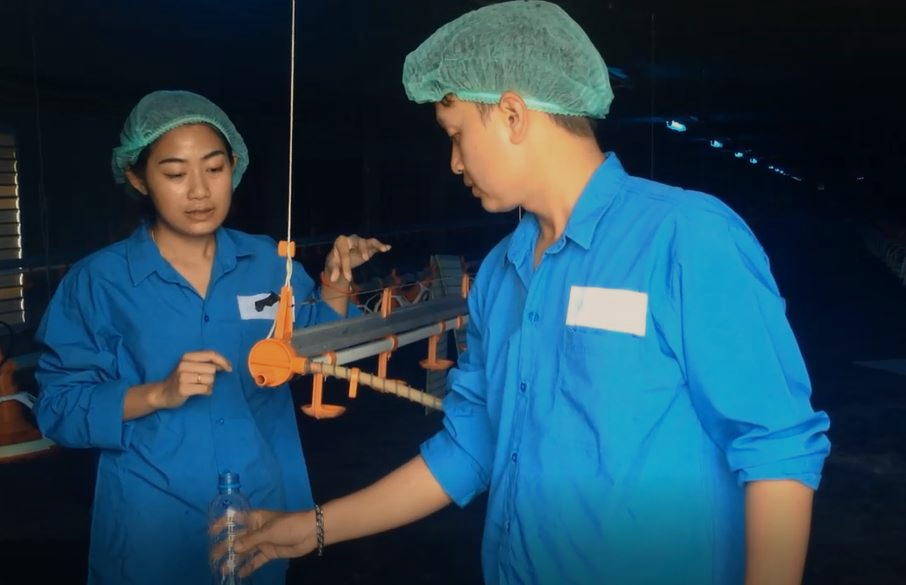In several European countries (such as Denmark, the Netherlands, Spain, Italy, United Kingdom, Ireland, Portugal, Poland and Scandinavia) the use of antibiotics has been reduced, thanks to the short-term application of high concentrations of zinc oxide (ZnO) in feed immediately after weaning. It concerns a dosage of about 2.5 to 3 kg/ton. This dosage is higher than the normal legal maximum (150 mg Zn / kg) and is only possible on a veterinary certificate. Such an application of ZnO therefore falls under the pharmaceutical legislation.
From June 2022 this will no longer be allowed in the EU.
Kanters has developed Intesti-Forte, a product with a high content of zinc chelates. Because the minerals are bound to a chelate, they will easily reach the intestines through the stomach barrier, where they are absorbed by the intestinal villi.
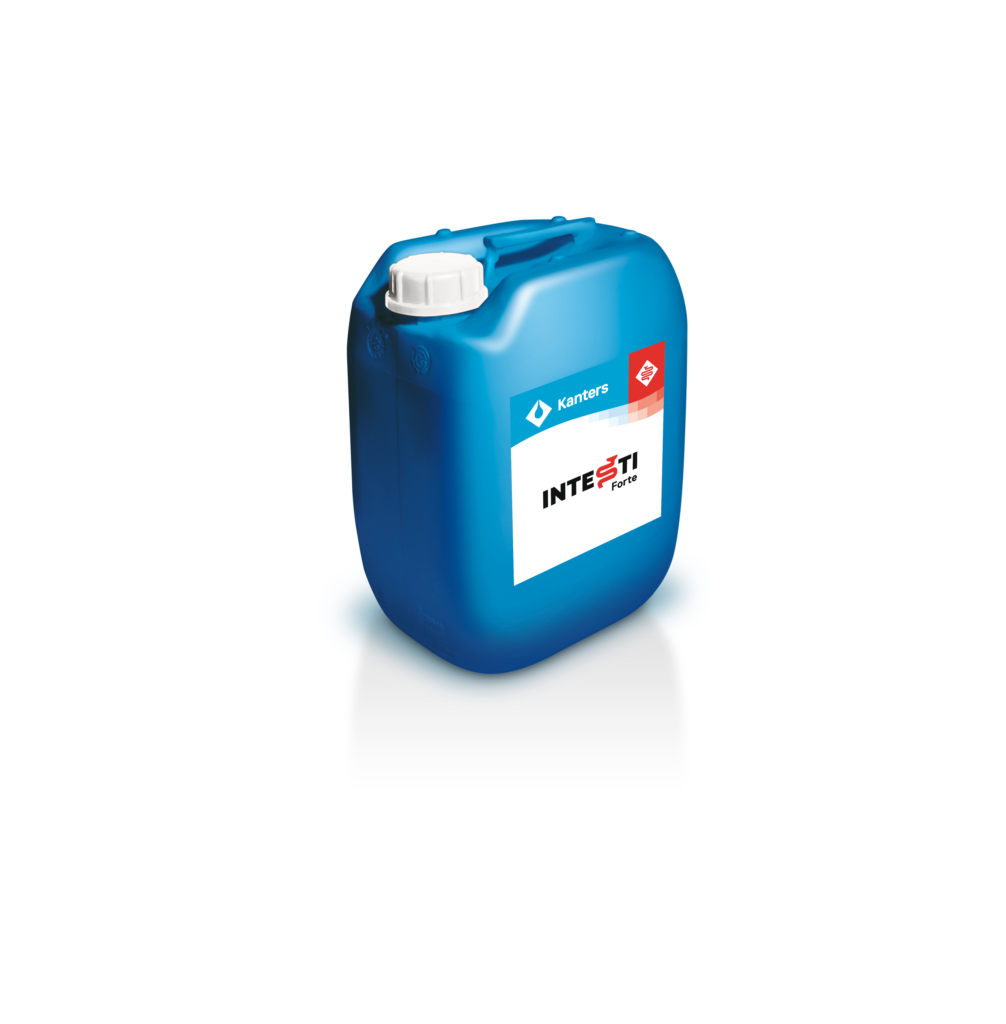
Advantages and disadvantages ZnO
The advantage of a high dose of ZnO is that it has a strong inhibitory effect on E. Coli and indirectly also on streptococci. The incidence and severity of diarrhea is decreasing. But there are also disadvantages. ZnO has a strong buffering capacity, so also on the organic acids used and in the stomach of the piglets. Zinc molecules compete with other minerals and trace elements (Ca, Fe, P, Cu) and the action of phytase can be disrupted. This can lead to poor bone development and joint inflammation, although this effect will be small due to the short-term application. An important risk of using a high dose of zinc is that it has been scientifically shown that zinc may promote resistance of pathogenic bacteria. And because more than 90% of the zinc is excreted in the manure, high doses are a significant burden on the environment. The expectation is that the government will intervene in the short or long term and restrict the use of high doses of ZnO.
The alternative: organically bound zinc
An alternative to ZnO in the feed is the use of an organically bound zinc via the drinking water. By binding zinc to a transport molecule (chelate) such as an amino acid, the absorption will have a positive effect.
Kanters has developed a product, Intesti-Forte. It contains a zinc chelate and can be provided through drinking water. The absorption of this zinc form is higher than zinc from ZnO. The absolute content of zinc is therefore many times lower than the usual ZnO. By way of comparison: if the recommended dosage of 300 ml Intesti-Forte per 1000 liters of drinking water is adhered to, the piglets will receive 1 / 6th of the maximum permitted amount of zinc via the water. No veterinary certificate is required for this. Practice has frequently shown that the use of Intesti-Forte via drinking water has a very positive effect on intestinal health after weaning.
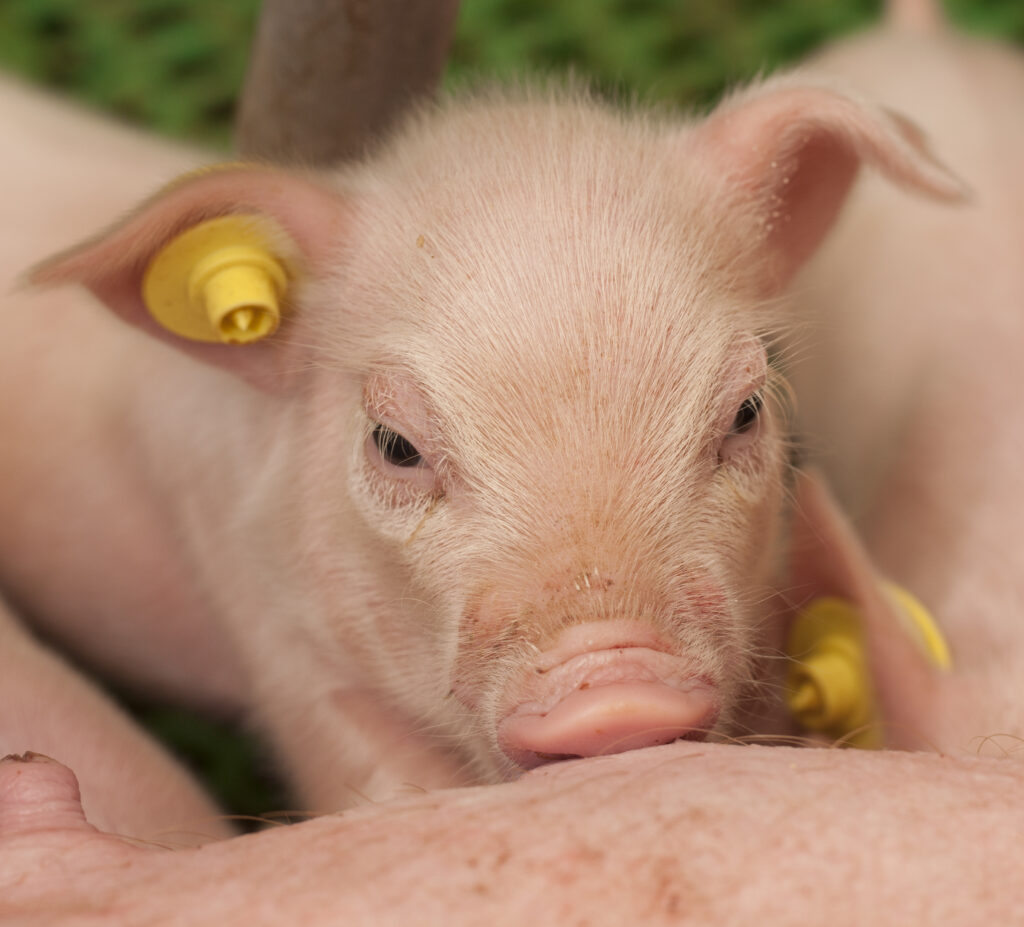
More information?
Would you like to know more about Intesti-Forte? Go to the product page of Intesti-Forte or contact us by calling 0499-425 600. You can also reach us by sending an email to mailto:info@kanters.nl
